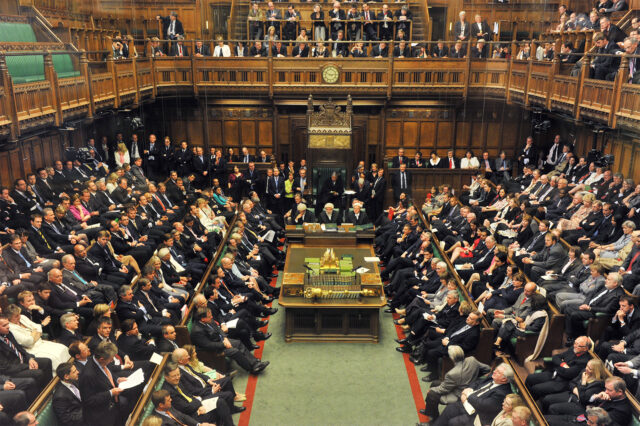The government has announced plans to introduce a new Statutory Code of Practice for employers using fire and rehire tactics.
Kate Palmer, HR Advice and Consultancy Director at Peninsula, explains.
The use of fire-rehire practices has been widely criticised as a means of renegotiating contractual terms and conditions. Current guidance states that employers should only consider dismissing and offering to rehire someone on new terms as a last resort if changes are critical and voluntary agreement isn’t possible. Before doing so, they must have made all reasonable attempts to reach an agreement through full consultation with affected staff members and their representatives in a genuine and meaningful way.
Following outcry over P&O’s firing of 800 workers earlier this month, the government has faced calls to strengthen the laws and offer better protection to UK employees.
Now the Department of Business, Energy and Industrial Strategy (BEIS) is going one step further, introducing a Statutory Code of Practice on dismissal and reengagement, under s203 of the Trade Union and Labour Relations (Consolidation) Act 1992 (TULRCA). The Code will include practical steps that employers should follow.
When claims are raised to the employment tribunal, judges refer to statutory codes when deciding the level of award an employee is entitled to. This means an employer may face paying out up to 25% more in compensation for not following the process set out in the Code. It is hoped this new Code will act as a further deterrent to employers who may be considering fire-rehire, to prevent them from abusing the process and treating employees unfairly.
The Government will be consulting on the draft Code later this year and will bring it into force as soon as parliamentary time allows.
In coming months, tribunals will be stricter when evaluating fire-rehire situations and be less lenient when considering the process employers followed to enforce changes to contractual terms.




